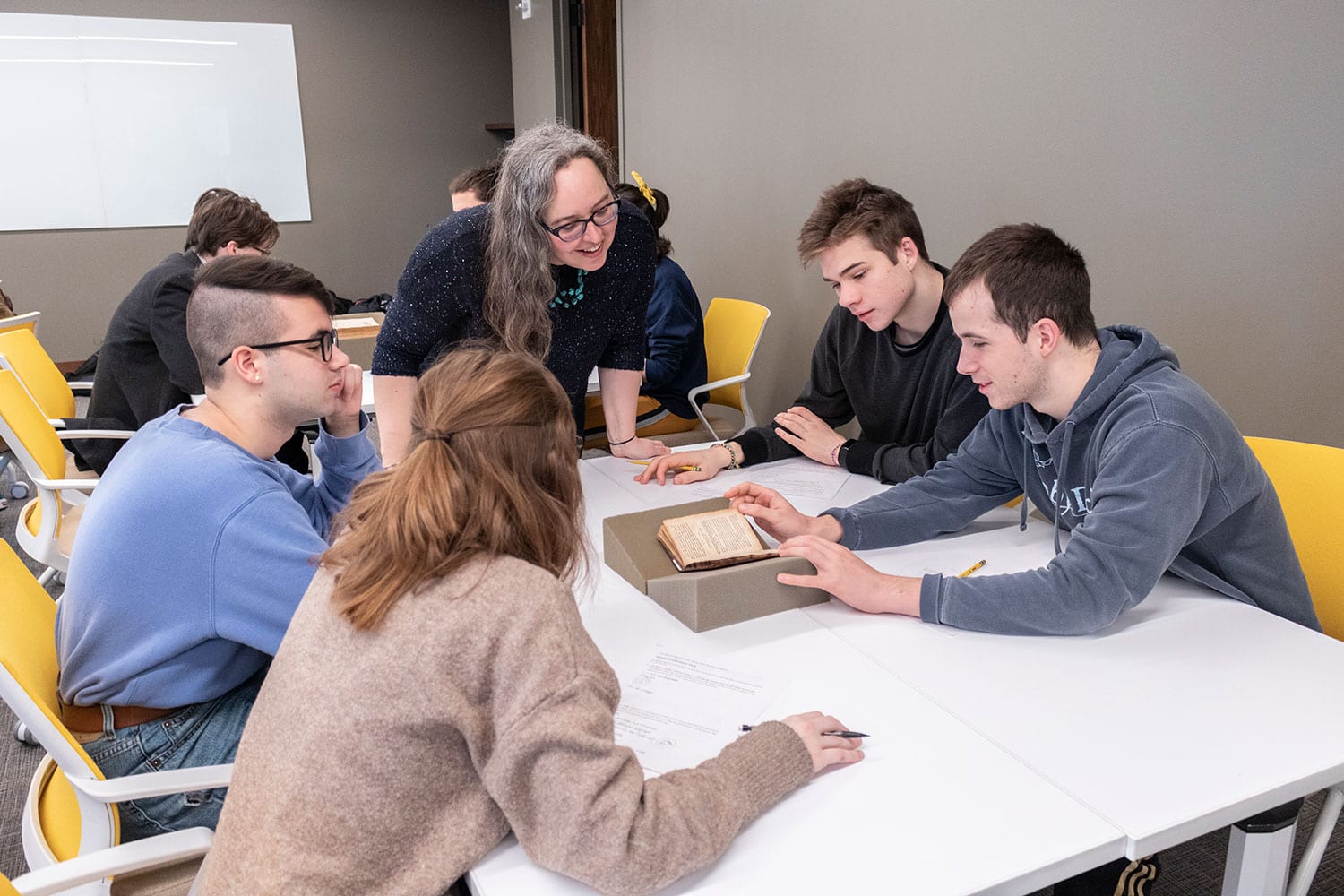Class Name: “Cancer Narratives”
Taught By: Visiting Assistant Professor and Postdoctoral Fellow in Medical Humanities Young Su Park
Says Park:
Cancer is not merely one of the leading causes of mortality, but a significant metaphor to understand human experience in contemporary society. Despite triumphant hype of cancer wars, targeted therapy, and paradigm-shifting developments in clinical medicine, less attention has been paid to illness experiences of cancer patients and their family members, which cannot be reduced to numbers, diagnosis, and staging in description. Their living with uncertainties and hope, and navigating therapeutic and moral landscapes in specific cultural contexts and resource- limited circumstances provide a lens to critically examine the healthcare system and sociopolitical conditions of their societies.
In this class, students will be exposed to different genres of writing on cancer other than biomedical and public health narratives: autobiography, history, literature, and ethnography. Students will be invited to choose a specific type of cancer and collect scientific papers, epidemiological studies, illness narratives, ethnographies, media representations, and policy documents that deal with the selected cancer, to build a small online archive. Out of those materials, each student will prepare a short handbook over the course of the semester that describes the chosen cancer from the comprehensive viewpoint of biology, clinical medicine, history, literature, anthropology, and public health. This exercise will allow students to understand relative strengths and drawbacks of diverse approaches to cancer, and to interpret various forms of findings for reflective applications to clinical practices or policy proposals.
Cancer experience is a story of us: family members, community members, and someday, myself. I belong to a family of male gastric cancers, including my father, grandfather, and uncles. My father underwent a total gastrectomy and rounds of chemotherapy during my medical school days. In medical school, I spent more than one third of my time learning about cancer biologies, cancer epidemiology, and clinical oncology from leading surgeons and physicians who dedicated most of their time treating cancer patients. Yet there were very few lectures on patient experiences of cancer besides medical ethics (life-sustaining treatment), communication (delivering bad news), and palliative medicine (pain control). Despite his extended life as a cancer survivor for 15 years, my father passed away from a series of events that has been caused by his cancer treatment, living without a stomach: vitamin deficiency, dementia, osteoporosis, fracture, hip replacement surgery, and pneumonia. My father’s experience inspired me to rethink biomedical approaches to cancer and to explore meanings of cancer for patients and in a society obsessed with life, leaving less room for cancer and death.
Learn more about other courses offered by the Health Studies Program.

